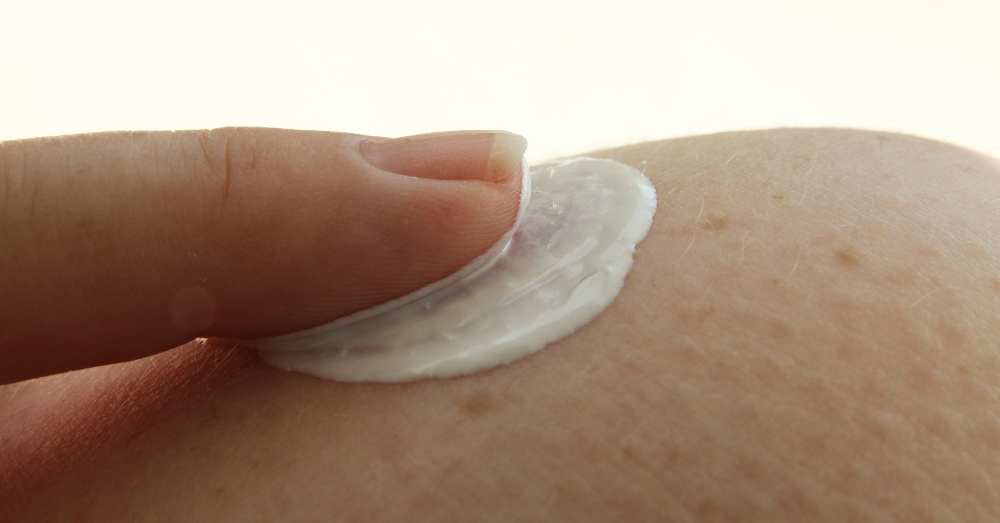
Hawaii Set to Ban Sunscreen
A ban on most sunscreens by Hawaii could spark a global bid to save sensitive coral reefs from death by the toxic chemicals found in suncare products, writes ANNE VAN HUYSSTEEN of RAspect.
November 13, 2017 | Source: Wavescape | by Anne Van Huyssteen
Hawaii led the way with the origin of surfing and the surfboard, but now the home of aloha has extended this kindred care to the ocean. The majority of sunscreens are a chemical stew that may prevent sunburn, but have many other effects too, including the mutilation of coral reefs.
The main culprit is one chemical, oxybenzone, which poisons the algae that sustains coral, and the coral itself. Even tiny amounts are toxic. However, despite scientific proof of the dangers they pose, sunscreen manufacturers use oxybenzone widely.
Many people, including Hawaiian state senator Will Espero and his supporters, are fighting to prohibit the sale of all sunscreens containing oxybenzone (and that’s a lot of sunscreens – see the list below). To protect the coral that shapes their island’s waves, he and his team put together a bill to ban oxybenzone this year.
However, they have been met with fierce resistance. Big cosmetic companies and their trade associations, whose revenues would be adversely affected by the ban, blocked it. They claim the case is not strong enough to justify a step that would have such a big impact on business. Unfortunately the impact of their business on the coral can’t wait for research to proceed. The reefs are dying fast.
As we all know, coral reefs literally shape the waves. They also provide an extraordinary environment that supports our intricate web of life. The reefs contribute to air and soil quality, provide spawning grounds for many fish species, and protect coastlines from the worst effects of tropical storms. Coral is under threat from a number of directions, notably the acidification and warming of the oceans. But the effect of sunscreen chemicals like oxybenzone is one of the most dramatic and direct dangers to coral.
Even in tiny quantities, Oxybenzone poisons the algae that symbiotically support the coral, which is a colony of invertebrate animals. These animals in turn support the algae gardens that photosynthesise food from sunlight, providing 90% of the coral’s food.
